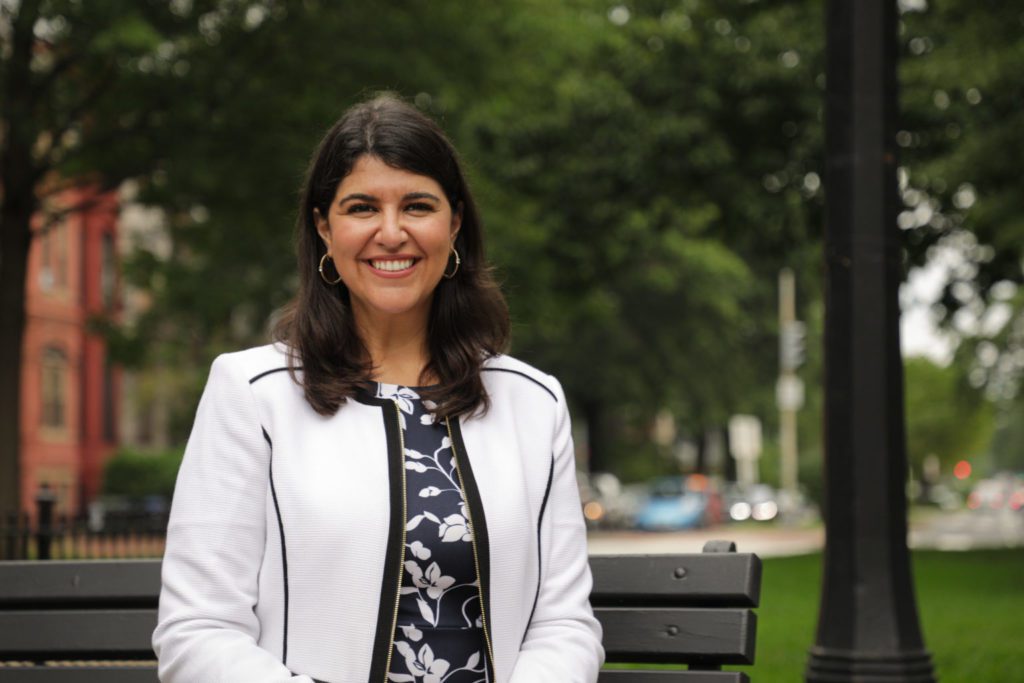Georgetown Budget Proposals Might Not Fly
By • March 8, 2023 0 622

A month or two can make a big difference in transitional times like these, and impact even supposedly long-negotiated, thought-out, professionally analyzed budget maneuverings — even in a monolithic one-party, highly bureaucratic, and professionally run city like Washington, D.C.
In other words, in March 2023 it seems that the District’s revenue (from taxes and businesses) estimated in February 2023 to cover a broad list of new allocations in 2023-4 may not materialize. In other words, some promised D.C.-paid-for goodies such as free busses everywhere in the city, may not have enough money to be funded. Rosey promises of government handouts may be cut.
Just six weeks ago on February 14, Valentine’s day 2023, Ward 2 Councilwoman Brooke Pinto presented to D.C. Mayor Bowser a valentine budget analysis that highlighted potential benefits particularly for Georgetown. Pinto had worked hard on them with many town meetings and such and the list was inclusive of many voices and desires. Those included the acquisition of the former Key Bridge Exxon site — Pinto added $500,000 to the city’s already budgeted $14 million to purchase this property for possible electric vehicle charging stations, bus turn-arounds, and a gondola terminal.
Pinto’s request list also included $1.5 million for critical repairs to Mt. Zion Church in east Georgetown; and $750,000 for a visitors center for Georgetown Heritage, the non-profit that coordinates repairs of the canal through Georgetown and runs the canal boat. Pinto also requested $200,000 to improve Book Hill Park including irrigation, mending and painting the fence, building out the garden, and providing tables and chairs. Other items included funding the E-BIKE Act of 2023 to purchase more electric bikes to make biking accessible to more residents and designing and installing artistic lighting under the Whitehurst Freeway along K (Water) Street.
But in a March 2 letter to District leaders, D.C.’s Chief Financial Officer Glen Lee — appointed to the post last May — substantially downgraded revenue estimates and expenditure expectations for FY 2023 and 2024 by almost $500 million, out of a projected $10 billion in projected revenue. The main cause – after all is said and done according to the CFO — is the impact of remote work and almost empty, unused major office buildings throughout the downtown district that significantly affects revenue in the form of taxes and indirect spending by commuters and workers in shops and services near major office buildings.
One of the most visible changes in the budget is likely to be the cutting of the much ballyhooed free bus and Metro services into D.C.’s downtown – a favorite project particularly of City Council Chair Phil Mendelson. “DC’s economy is still strong,” Mayor Bowser maintained in a press conference on Wed. March 2. “The reserves are full,” CFO spokespeople maintained. “Conservative estimates are intentional so that approved budgeted items do not have to be cut.”
But Mendelson said: “Once again the CFO’s projections are far off the mark.”

